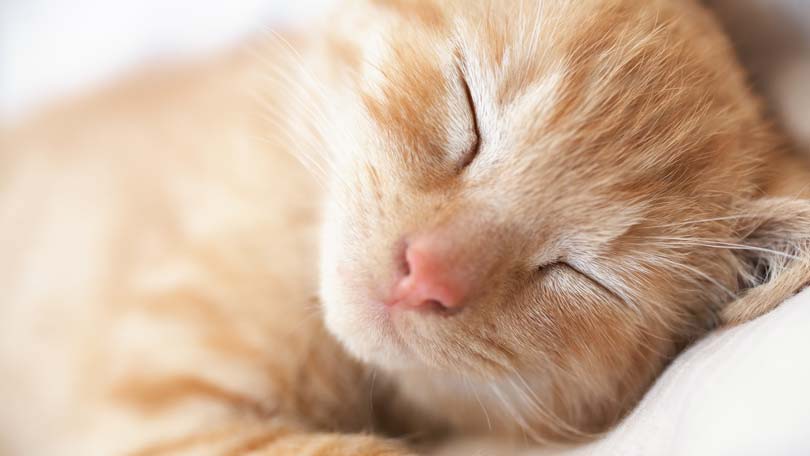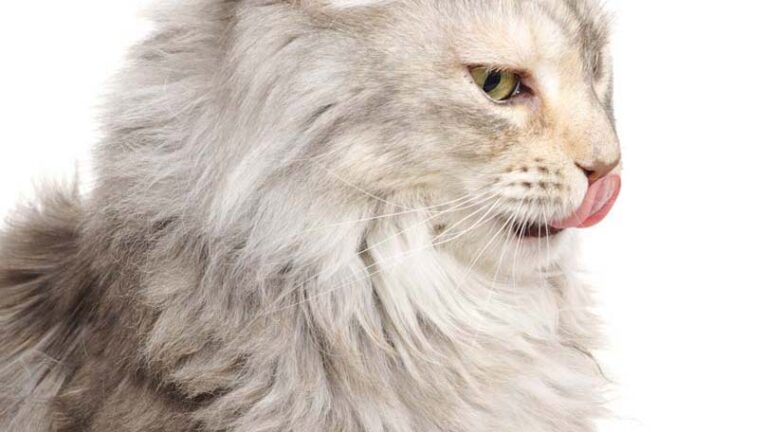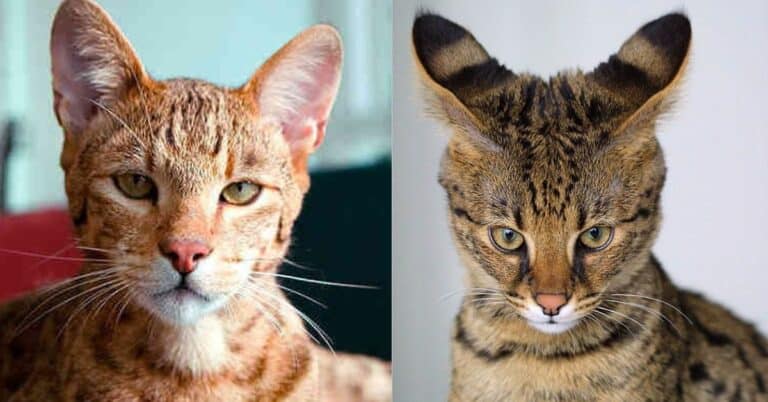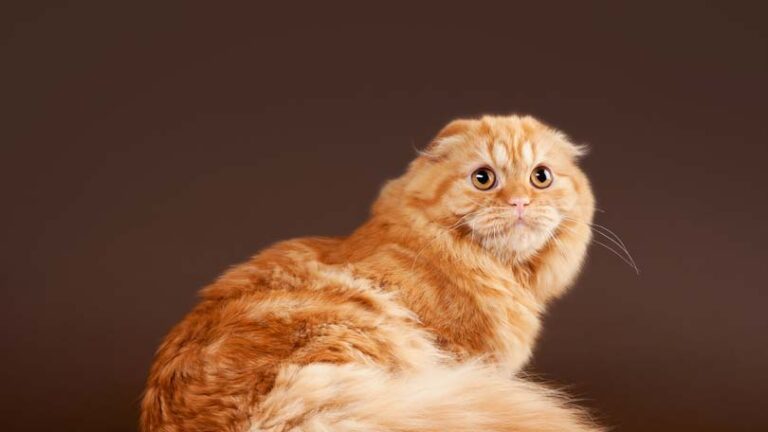Homeopathy for Cats
A homeopathy is a form of alternative medicine that takes advantage of the body’s natural ability to heal itself. The word homeopathy comes from the Greek “homoios” meaning similar and pathos meaning “suffering.” Homeopathic treatment can be applied to humans, and also to animals. The philosophy behind homeopathy advocates that “like cures like.”
The way homeopathy works is through ingesting a small pill that has a highly diluted level of a substance, in this case, the substance used for the treatment is similar to the root of the problem. So for example, if you were treating a skin rash with homeopathy, you may receive a cure to relieve the rash that is actually made from poison ivy. The actual remedy is diluted so highly that it is almost undetectable. The medicine itself is typically drawn from plants or minerals.
Making a Decision to Try Homeopathy for Cats
Although you might be thinking right now that it sounds extremely questionable as to whether homeopathy truly can help your cat, one thing is likely. Homeopathy is considered to be very safe. In other words, even if homeopathy doesn’t help your cat with an ailment, it is unlikely it will hurt your cat. Therefore, it may indeed be something to look into even if you feel skeptical about its ability to produce results.
Homeopathy has had such effective results with animals, that there are already many practitioners around the world. Homeopathy has been used to treat a very wide variety of problems cats may have. This list of problems includes allergies, asthma, cough, diabetes, hepatitis, kidney infections, and carbon monoxide poisoning, to name just a few ailments.
The Academy of Veterinary Homeopathy has been set up to evaluate educate and inform on the subject. Homeopathy is very different from typical Western medicine in that it cures the problem instead of just treats the problem. When a cat is given traditional medicine it merely suppresses the symptoms. With homeopathy, a holistic view of the cat is considered. Western medicine will usually just treat one particular problem with a particular medicine without looking at the whole being. In homeopathy, the cats as a whole is analyzed, so the physician will take into account its behavior, health, appearance, etc.
Researchers, in fact, are still looking into why exactly homeopathy produces results (it has been used throughout the world for at least 200 years!). However, its success in treating people and ailments for a variety of ailments remains somewhat of a mystery. Although homeopathy may sound pretty off the wall to you, take a moment to consider that these treatments are far more widely practiced by physicians in Europe and South America. About 40% of doctors in Britain, make referrals to homeopathic doctors.
Where to go for Homeopathy for Cats?
So how would you go about finding a homeopath for your cat? The best way is to Google homeopaths in your area that specifically treats felines. You may also want to ask for references for past cases this practitioner has treated. You can also consult the Academy of Veterinary Homeopathy. Their website has a referral system that allows you to select a practitioner by state or country.
Once you find a homeopath for cats, you should definitely ask this practitioner some questions including is he or she certified. According to the Academy of Veterinary Homeopathy, it is important to make sure that your potential practitioner does not administer more than one remedy at a time to the pet. Also they mention that the homeopath should not combine homeopathic medicine with other modalities like chiropractic work, acupuncture or herbs. It is best to let homeopathy work on its own.
Believe it or not, it is also possible to receive homeopathic advice for your cat over the phone. Some states do not allow out of state phone consultations with veterinarians, so definitely check into that aspect first. If you send a homeopathic vet a photo of your cat, and describe the symptoms, they can research the cure from out of state.
What to Expect
The initial homeopathic evaluation for your cat can take 1-2 hours. After this session, the homeopath will very likely need to do research to locate the right remedy for the cat.
After your homeopathic treatment is administered, don’t expect the cat to be cured overnight. According to the homeopathic guidelines, the cures can take time to work their curative effect. In the meantime, make sure your cat is getting the best nutrition as good quality food and lifestyle will help him or her to heal.
If you have ever tried to give your cat a pill or medicine, you already know this is no small task. Getting medicine into your cat usually requires a good session of chasing down the cat, and than defying the odds by getting your squirming, angry feline to open his or her mouth for the medicine. With homeopathic medicine you can simply dissolve a few of the small pellets into milk for your cat. If your cat doesn’t like milk, you can gently open his or her mouth and toss a few pills right in.
Treating Cats
If your cat is exhibiting a medical problem or ailment, it is important to know that a wide variety of options for treatment are available. There are holistic veterinarians who offer different approaches, and there are also homeopathic practitioners who will have their own ideas how to treat cats. Most people will consult their regular veterinarian as a first measure, but it is comforting to know that various perspectives may be available on the subject. The more information you can get about your cat’s health and possible treatments, the better.
Become educated on what is wrong with your cat, as knowledge is essential in order to make an informed decision. As with human health, it is always a good idea to get a second opinion. If you receive a particular diagnosis for your cat from your veterinarian, you just might want to look into homeopathic medicine as a possible treatment. Some veterinarians are quick to jump to a fast conclusion that often involves medicine and surgery. If there is a less invasive way to help your cat, it may benefit your cat’s health in the long run as surgery can be stressful and taxing. Homeopathy is intriguing to many cat owners because even if this treatment doesn’t produce results, it is unlikely to harm the cat. In other words, it doesn’t hurt to try!

Having discovered a fondness for insects while pursuing her degree in Biology, Randi Jones was quite bugged to know that people usually dismissed these little creatures as “creepy-crawlies”.







